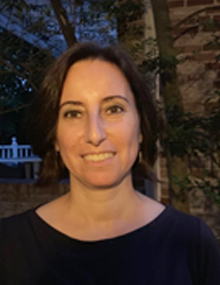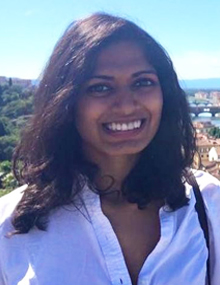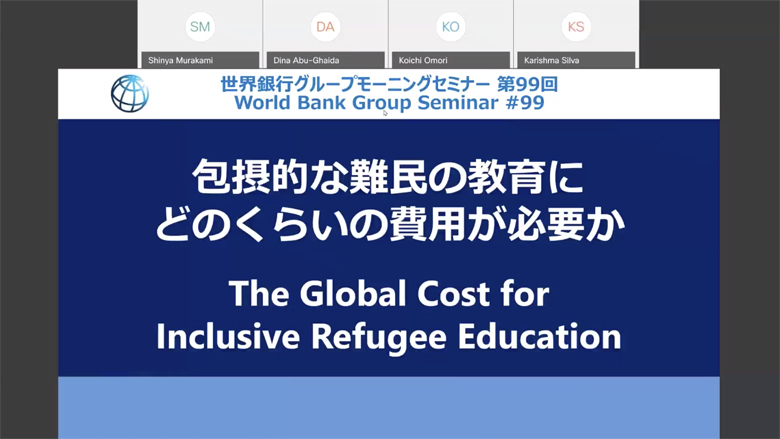The average annual cost of educating refugees is less than 5 percent of public education expenditure in developing nations hosting 85 percent of the world’s refugees, according to a joint World Bank – UNHCR report “The Global Cost for Inclusive Refugee Education” released on February 24, 2021.
The principle of inclusive education, in this case, opening education up to all refugee children and their inclusion into national education systems can also lead to better services for local communities in host countries. This can be achieved at an estimated annual cost of US$4.85 billion globally. This is a pre-COVID estimated cost of educating all refugees and is likely to increase as the impacts of the pandemic continue to unfold.
The Global Cost of Inclusive Refugee Education report provides a standardized methodology to estimate refugee education costs across all host countries. It hopes to catalyze the development of country-level costed refugee-inclusive education plans.
At this online seminar, Dina Abu-Ghaida, Lead Education Specialist, Education Global Practice and Karishma Silva, Consultant, Education Global Practice, presented the main points of the report.
Date/time:
10am-11am, Friday April 9, 2021 (Japan Standard Time)
Speakers:

Lead Education Specialist, Education Global Practice, World Bank
Dina Abu-Ghaida joined the World Bank in 2000 and is currently Lead Economist in the Education Global Practice in the Middle East and North Africa Region, as well as acting as focal point for the Global Practice on education in fragile, conflict, and violence-affected settings. She has led teams working on both education sector projects and analytical reports in several countries in Central Asia, Africa, and the Middle East. Her operational and analytical experience spans all levels of education, beginning with early childhood education through basic, secondary, and higher education. Education finance has been a primary area of analytical focus, including reviews of public education expenditure in several countries and per student financing in transition economies. In addition to multiple World Bank reports, she has co-authored several books, including: Reforming Education Finance in Transition Countries - Six Case Studies in Per Capita Financing Systems; and Skills, Not Just Diplomas - Managing Education for Results in Eastern Europe and Central Asia. She holds a BA in Biochemistry from Harvard University, and an MA in Arab Studies and PhD in Economics from Georgetown University.

Consultant, Education Global Practice, World Bank
Karishma Silva joined the World Bank in 2017 and is currently an Economist (STC) working with the Education Global Practice. She has worked on education operations in Malawi, Ghana and the Pacific Islands across ECD, basic, secondary and TVET education. Her analytical work has focused on education for forcibly displaced populations. She holds a BA in Economics and Statistics from St. Xavier’s College, Mumbai and an MSc. in Economics from the London School of Economics.
Presentation materials:
The Global Cost of Inclusive Refugee Education (PDF)
Refugee Education Costing Dashboard January 2021 (PDF)
